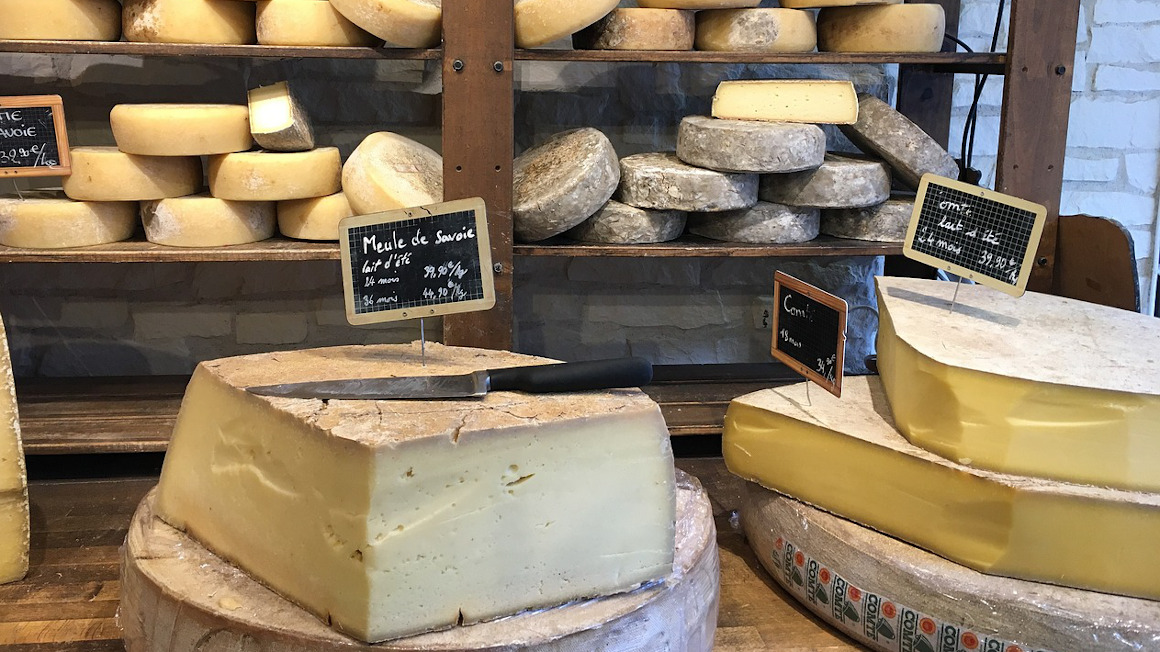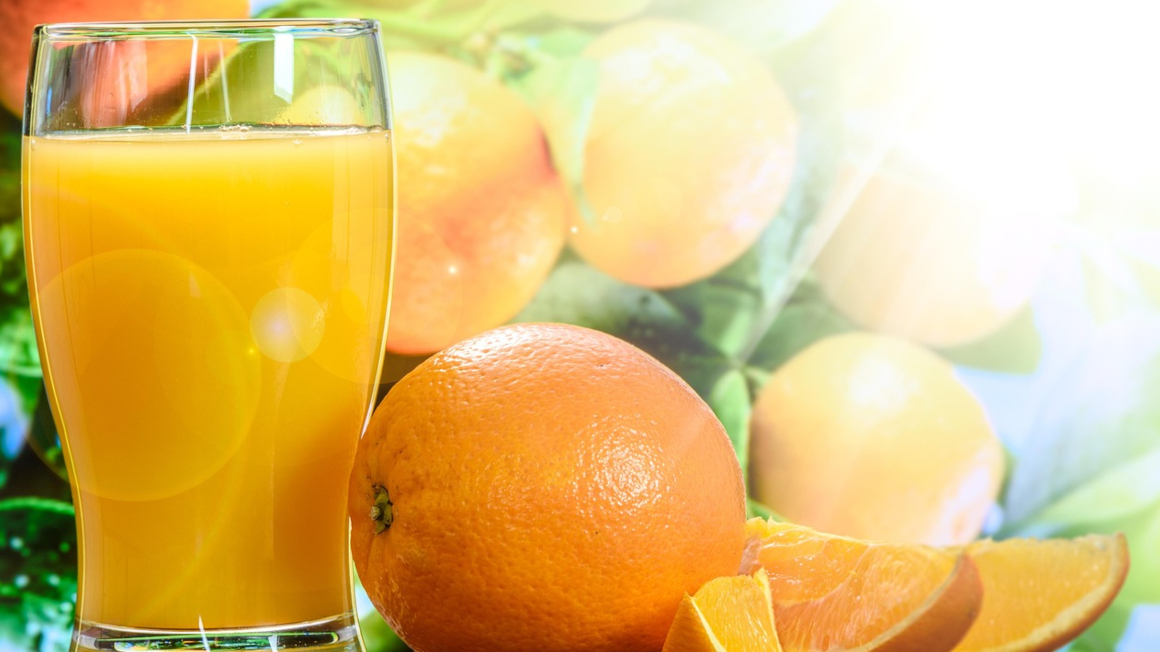
Precision fermentation uses bacteria, yeast or other fungi to produce egg and milk proteins. The result is foods such as milk or cheese with a familiar taste and texture. Proponents hope that this will lead to more sustainable food production, as nutrient-rich proteins can be produced using fewer resources. But what about consumer acceptance? According to a study by the University of Göttingen, the majority of German consumers are willing to try and buy cheese produced in this way.
The study, which was conducted in collaboration with the Lower Saxony Food Initiative (LI Food) and the German Institute of Food Technologies, is based on a representative online survey with around 2,000 participants. The researchers analysed how different aspects of information affect the acceptance of cheese produced in this way. They analysed the potential opportunities and risks of the technology, including its relation to sustainability, impact on agriculture and product quality.
It was found that consumers are generally receptive to precision-fermented cheeses, especially when the high quality of the products and the environmental and animal welfare benefits are emphasised. Possible disadvantages, such as the loss of a source of income for farmers or the potential power of large companies, most reduced the willingness to buy and pay for such cheeses.
The results of the study have been published in the international journal Future Foods.


